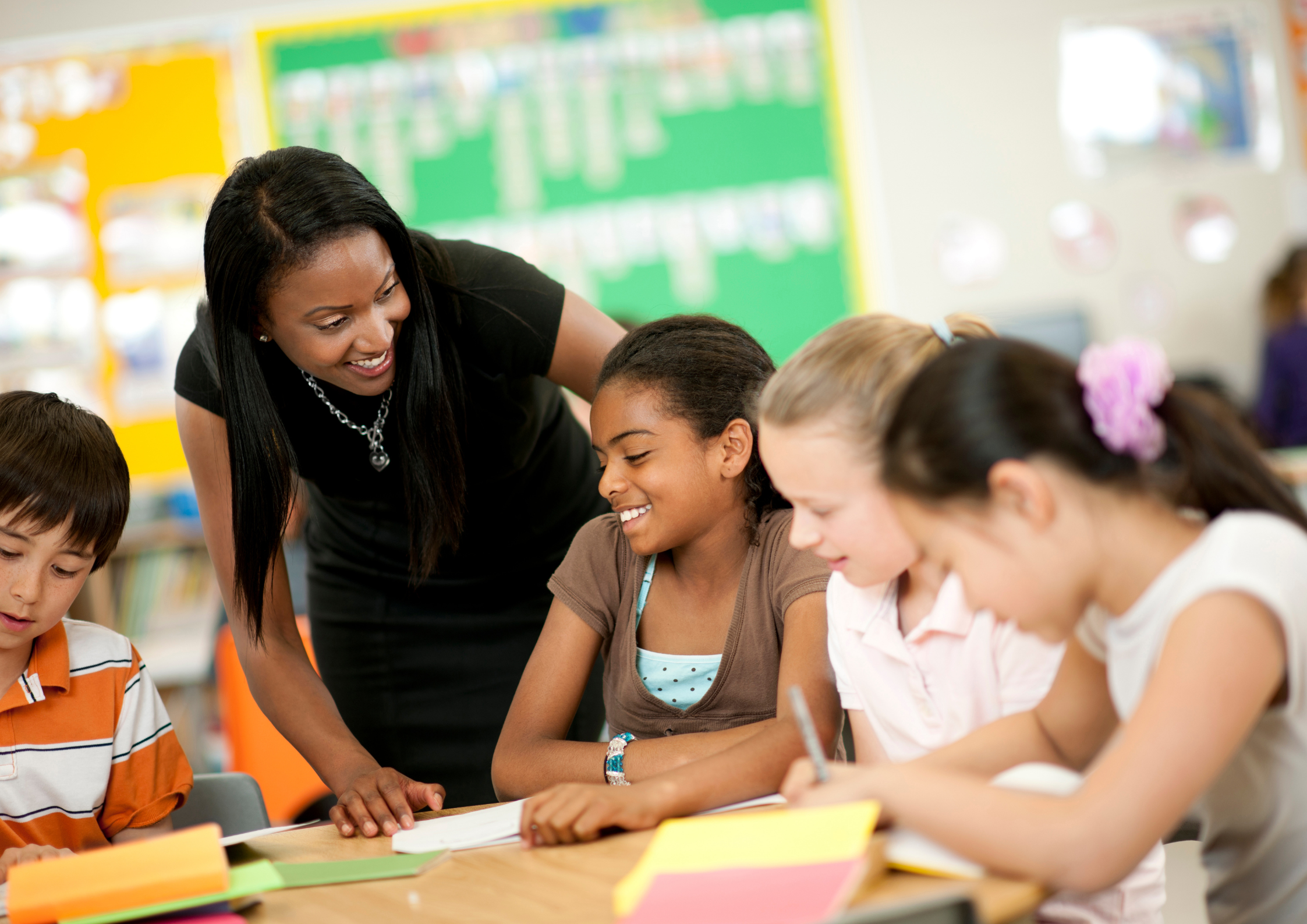Over 1.5 million children in England struggle with learning engagement, new report reveals
A new report from Pearson highlights a significant issue in the education sector, with at least 1.5 million children in England struggling to engage in learning each week.
The Pearson School Report 2024, which compiles views from over 12,000 teachers, students, and education experts, sheds light on the growing concern over pupil disengagement from school staff and students nationwide.
Key Findings
The report indicates that 97% of classroom teachers have observed difficulties in student engagement. Depending on the reported percentages, the number of affected students ranges from 1.5 million to 3.5 million. This concern has intensified over the past year, with 57% of teachers expressing increased worry about pupil disengagement.
Secondary schools appear to be more affected, with 47% of teachers reporting that over a quarter of their students struggle to engage, contrasting with 37% of primary school teachers. Notably, 13% of secondary teachers believe that as many as 75% of their students are affected.
Despite 68% of students expressing enjoyment in school, 73% admit to struggling with engagement, with 19% stating they struggle significantly. Factors contributing to these challenges include a lack of understanding (45%), not feeling clever enough (30%), feeling unwell (23%), struggling to engage like their peers (21%), and being hungry (17%).
The report also reveals that while 68% of all learners enjoy school, 21% struggle to engage similarly to their classmates. Teachers and students alike stress the need for a supportive and inclusive learning environment.
Suggested Solutions
Teachers have proposed various strategies to improve engagement, with additional staff support topping the list (85%). Other suggestions include making curriculum content more relevant (64%), offering more vocational learning options (57%) that would consist of hands-on learning in the use of tools such as a resistance measurement instrument that children wouldn’t have access to otherwise, providing access to diverse resources (46%), and increasing the use of digital tools (38%).
Students also highlighted the importance of digital devices (21%) and extracurricular activities (29%) in supporting their learning. Teacher support was a crucial factor, with over half (51%) of students acknowledging its positive impact.
Sharon Hague, Managing Director School Assessment and Qualifications at Pearson, emphasised the importance of listening to educators and sharing successful strategies:
“While the challenges raised in our findings may seem stark at times, the proactivity and positivity of educators in seeking solutions and making a difference shine through. But they cannot do this alone. Whether it’s teachers innovating with digital resources, diverse content or adapting content so that it’s relevant to students lives today, we need to listen to what works and share that success far and wide.
“There is no ‘one size fits all’ approach when it comes to education. Through our own pilots and wider research, we have seen the staggering difference technology and adaptations are making to students. We are committed to sharing the voices of students, school staff and those in the sector as we strive to play our part in engaging this generation and those to come.”
Carl Ward, Chair of the Foundation for Education Development, added:
“By listening to those directly involved in the education system, we can develop strategies that resonate with students’ needs and experiences whilst ensuring the system is tailored to prepare them for the challenges and opportunities of our changing world.”













